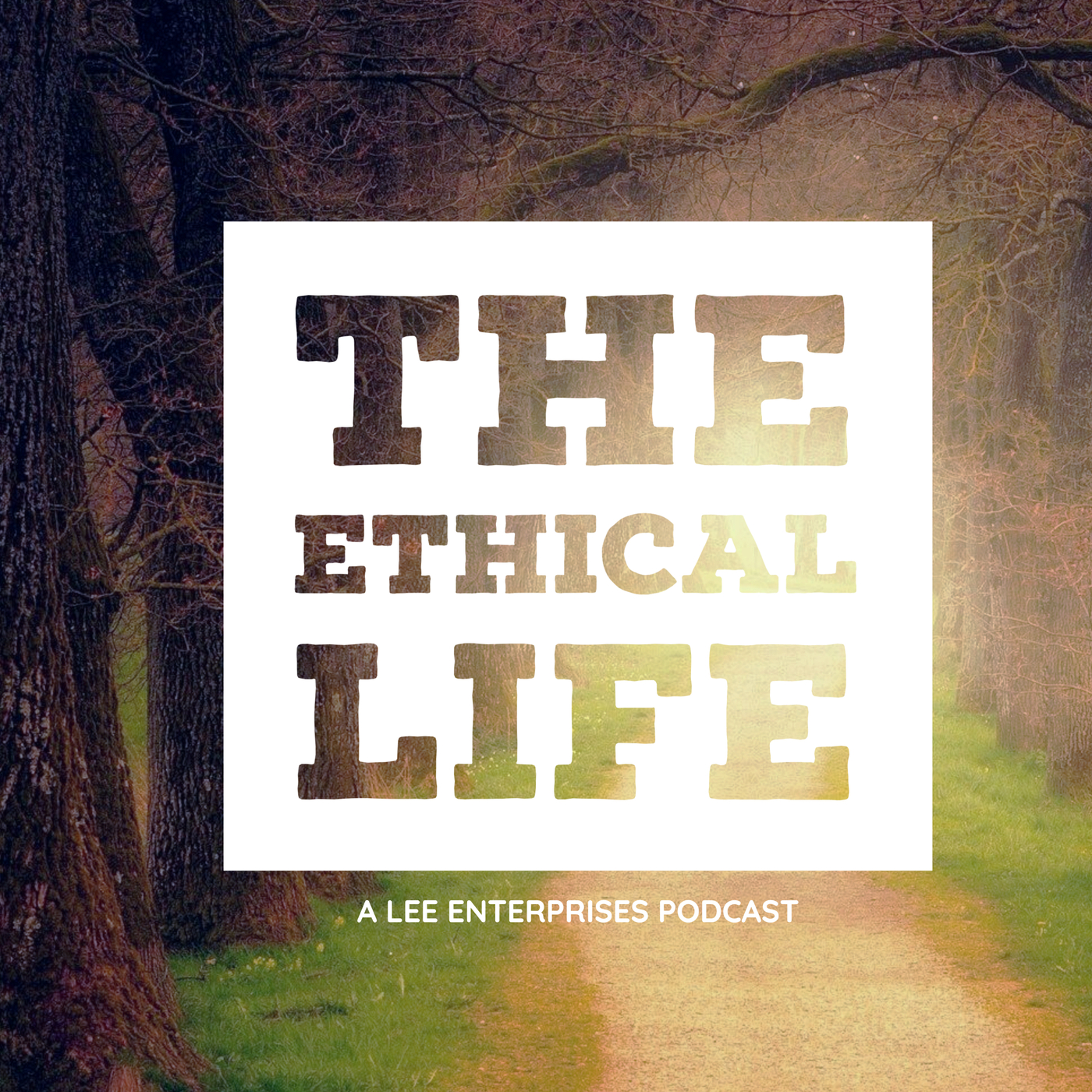About this episode
Published August 28th, 2024, 05:00 pm
Episode 157: Hosts Scott Rada and Rick Kyte explored the profound impact of kindness on mental health, workplace culture and societal structures.
Research shows kindness benefits not only the giver and receiver, but also those who witness it, highlighting the inherently social nature of kind acts.
"It's beneficial within a community of people," Kyte said. "That's what's most interesting — we have all this evidence now of the profound ways in which we are social creatures."
But the decline of "third places," spots where people naturally interact with one another and foster kindness, was something the hosts found worrisome. This reduction in daily opportunities for kindness has the hosts worried people are losing practice in being kind.
"We get out of practice of looking for opportunities to help one another out," Kyte said.
The discussion also touched on balancing assertiveness with kindness, using Rada's experience dealing with an insurance claim as an example. The hosts emphasized the importance of recognizing the humanity in others, even in frustrating situations.
Additionally, the hosts explored the potential risks of developing habits of treating AI assistants as people, rather than tools, warning this could negatively impact real human interactions.
The role of kindness in the workplace was another key focus, with the hosts highlighting a story about a manager who improved safety by getting to know his employees. They stressed managers' responsibility to ensure fairness and address legitimate needs within teams.
"Learning how to do that well is the mark of a good life," Kyte said. "Part of that is dealing with people."
Links to stories discussed during the podcast
Everyday kindness has the ripple effect we need, by Richard Kyte
The heart and science of kindness, by Melissa Brodrick, Harvard Health Publishing
The importance of kindness at work, by Gail Corkindale, Harvard Business Review
The mental health benefits of simple acts of kindness, American Psychiatric Association
I was addicted to my smartphone, so I switched to a flip-phone for a month, by Kashmir Hill, The New York Times
About the hosts
Scott Rada is a digital strategist with Lee Enterprises, and Richard Kyte is the director of the D.B. Reinhart Institute for Ethics in Leadership at Viterbo University in La Crosse, Wisconsin. He is also the author of "Finding Your Third Place: Building Happier Communities (and Making Great Friends Along the Way)."
Social media links
Subscribe
